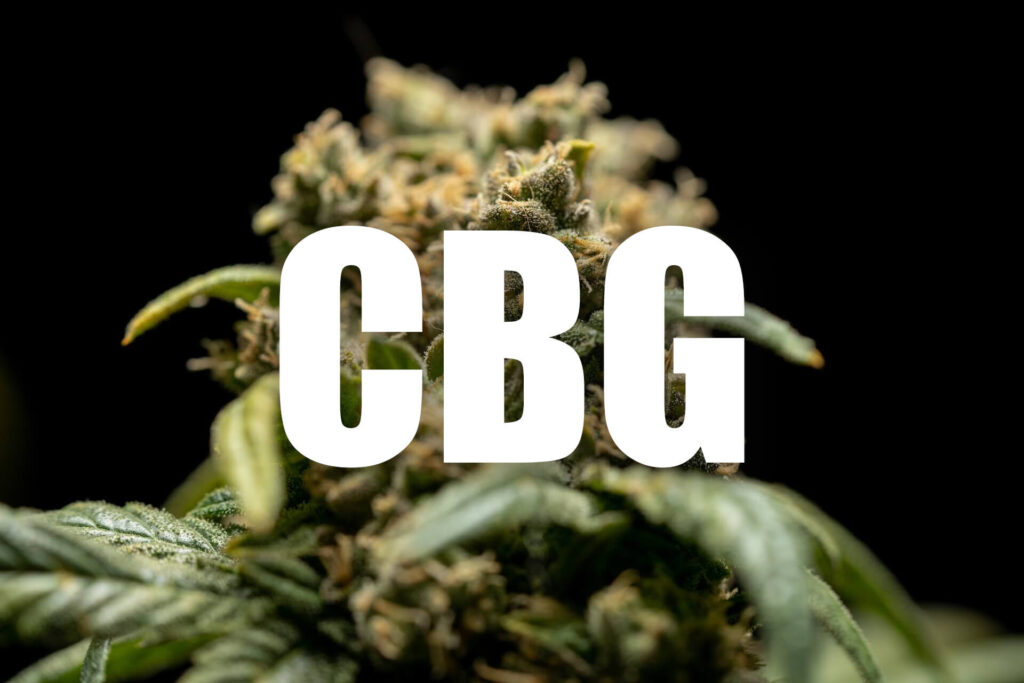
CBD has become increasingly popular and well-known, with more than 60% of Americans having tried CBD products. However, have you heard of CBG, another compound gaining popularity and being included in various products? In this blog post, we’ll introduce what CBG is, how it differs from CBD, and discuss the potential risks.
What is CBG?
CBG stands for Cannabigerol, a cannabinoid found in cannabis. In the cannabis industry, CBG is often referred to as the “mother of cannabinoids” or the “precursor cannabinoid.”
During the growth process of cannabis, CBG is synthesized from CBGA (Cannabigerolic Acid), which serves as a precursor for other acidic compounds like THCA, CBDA, and CBGA. Through heating, most of these compounds are converted into well-known cannabinoids like THC, CBD, and CBG. As a result, CBG is relatively rare compared to THC and CBD.
CBG is available in various types of products such as tinctures, edibles, creams, and lotions. It is known for its anti-inflammatory properties and effectiveness in treating multiple sclerosis. CBG is often combined with CBD and other cannabinoids in products, as research suggests that combining CBG with other cannabinoids can lead to more significant effects than using it in isolation.
Studies on CBG are not as extensive as those on CBD, but its potential benefits include reducing pain, increasing appetite, and possibly contributing to cancer treatment by protecting against certain types of cancer.
Differences between CBG and CBD, and potential risks

CBG and CBD share the absence of psychoactive effects, meaning they don’t cause a “high.” However, they have slightly different molecular structures, leading to potentially distinct effects on the body. CBG is still less researched than CBD, and ongoing studies continue to shed light on its specific properties.
As of now, what is known about CBG is that it does not induce any psychoactive effects. While CBD is associated with appetite suppression, CBG, on the other hand, may have appetite-stimulating effects, which could be beneficial in managing appetite loss during cancer treatment.
CBG is generally considered safe, but it is important to note that it is not regulated by the Food and Drug Administration (FDA). Therefore, before making a purchase or considering its use alongside medications, it is essential to conduct thorough research and consult with a healthcare provider.
In Conclusion
This blog post provided an introduction to CBG. CBG is considered the “mother of cannabinoids,” and it can be converted into THC, CBD, and other cannabinoids. Combining CBG with other cannabinoids may lead to enhanced effects compared to using it in isolation. Ongoing research is likely to unveil more detailed information about the effects and potential benefits of CBG.
